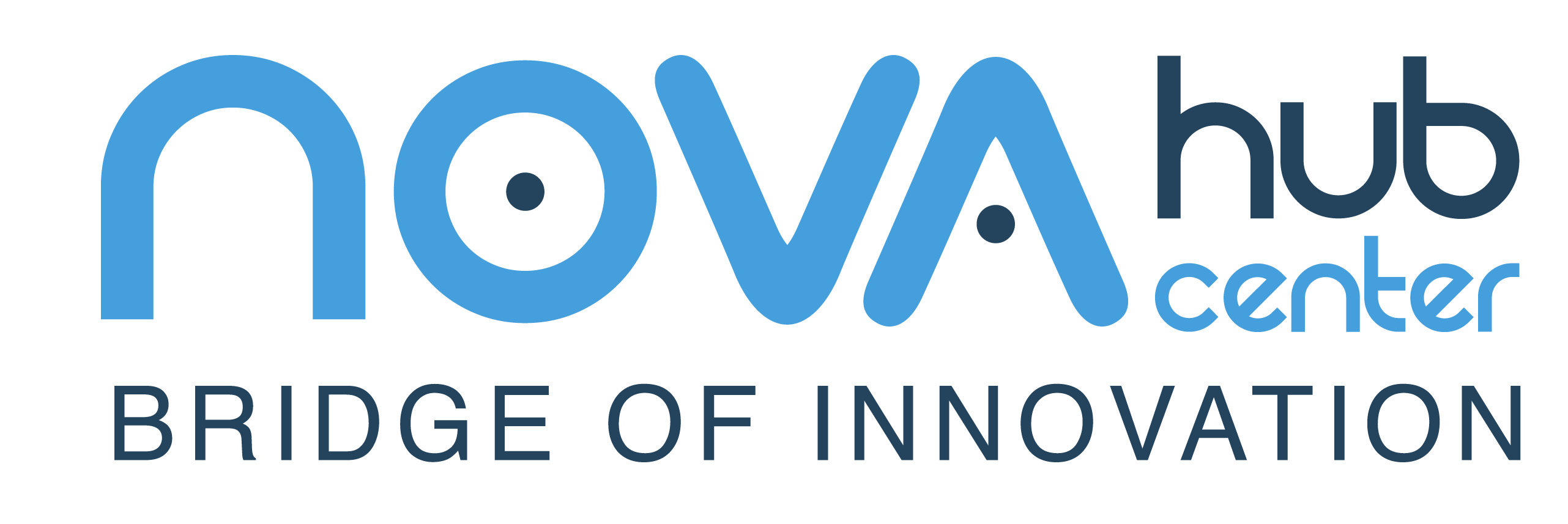HOW IS THE SMART GRID REVOLUTIONIZING THE ENERGY SECTOR ?
HOW IS THE SMART GRID REVOLUTIONIZING THE ENERGY SECTOR ?
AN OBSOLETE NETWORK
With the current demographic situation on our planet, energy consumption reached a level never seen before. This trend will continue to increase in the years to come with the multiplication of electric cars as well as the explosion of electrical devices in recent years. Today, the majority of global electrical grids are old and becoming obsolete, out of step with current concerns for preservation of natural resources.
Moreover, there is another problem. Renewable energies are already being used in the field of grids. The main resources used are wind power and photovoltaics. However, these resources are not efficient at 7 p.m., the time when energy consumption is at its peak. The production, which cannot be stored, is then lost. New solutions must be found to achieve the objectives and avoid being held back.
The time has come for modernization.

THE SMART GRID AS THE SOLUTION ?
For more than 10 years now, governments have been involved in the search for new innovative solutions that would make it possible to achieve the objectives of reducing greenhouse gas emissions or using renewable energy as sources of energy consumption. It was the birth of smart grids.
This term, generalized in 2005, can be defined as public electricity networks to which are added functionalities resulting from new information and communication technologies (NICTs). The goal is to ensure a balance between electricity supply and demand at all times and provide to consumers a secure, sustainable and competitive supply.
THE ADVANTAGES
The smart grid brings novelties in terms of:
By using new technologies of information, the smart grid considerably improves and facilitates the life of consumers:
A smarter home
More accurate bills
Better detected and more quickly repaired faults
More diversified tariff offers
Among the most emblematic innovations of the smart grid is the smart meter, which benefits from:
The supplier by allowing him to model and anticipate the needs for an optimal adaption
The consumer by optimizing his consumption thanks to the automated management of household equipment

WHAT TO EXPECT FROM THE SMART GRID ?
The smart grid therefore appears to be a revolution in the energy sector, however, there are still areas for improvement. Still too much energy is wasted as it’s impossible to store. One of the objectives of the Smart Grid is thus to be able to store it successfully in the years to come. For example, the surplus electricity stored could be converted into heat. Several promising research projects are currently ongoing.




 English
English Español
Español